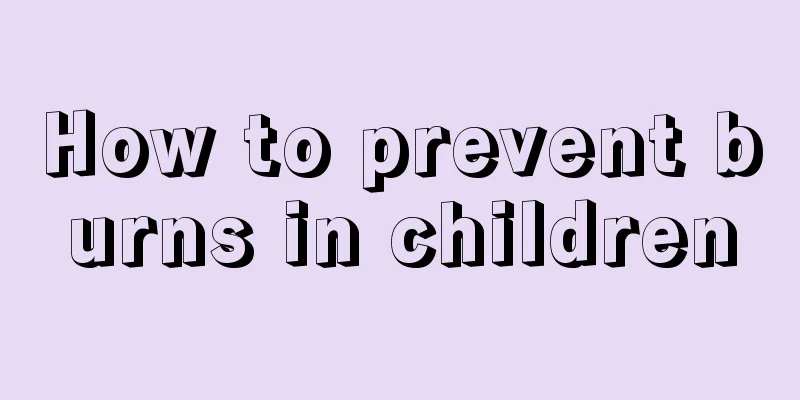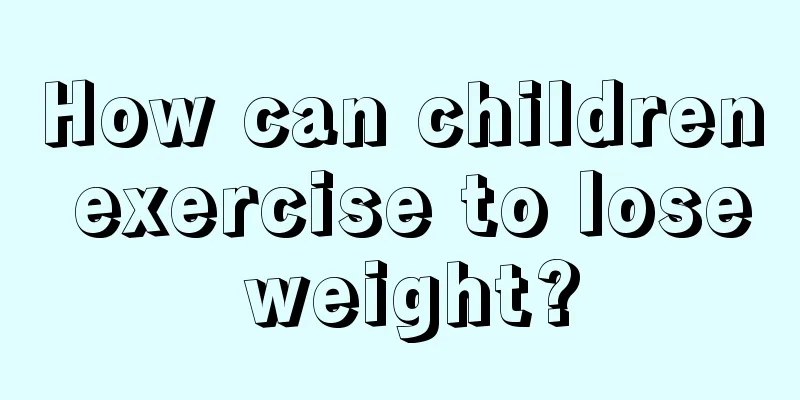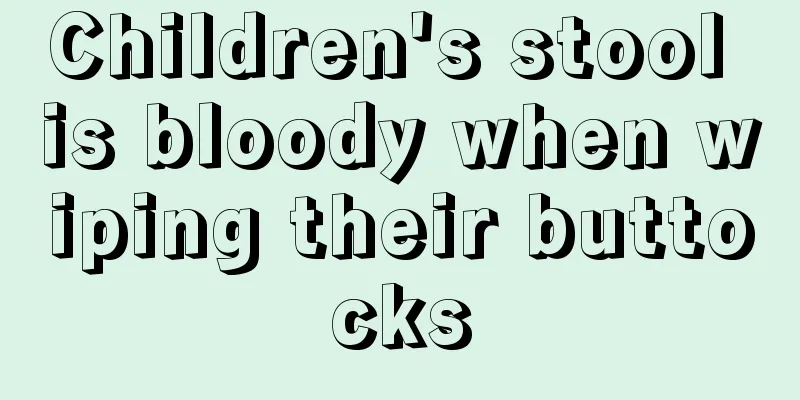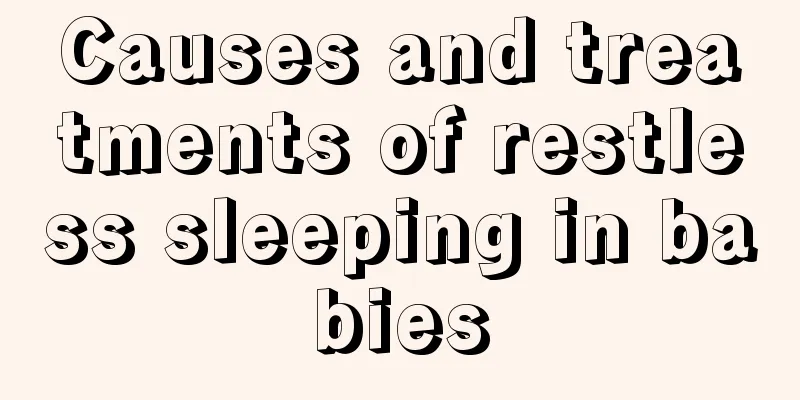How do you know if your child has ADHD? Criteria for determining ADHD
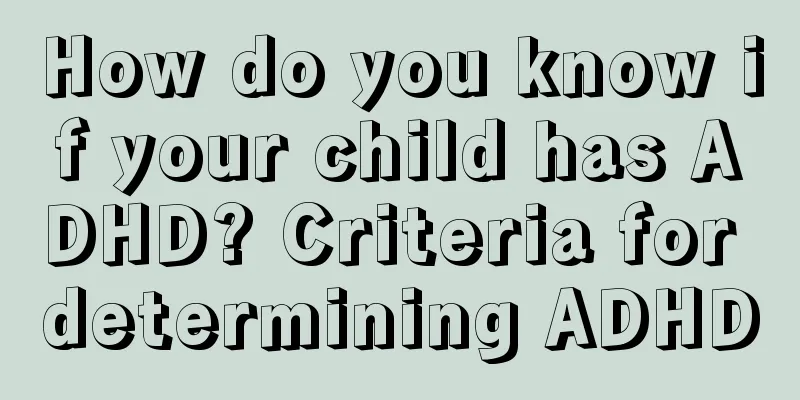
|
ADHD is very complicated in current medicine. ADHD can cause children to have difficulty concentrating, which has a great impact on work and study. It is not that children do not want to calm down, but because they are bound by ADHD, they cannot calm down and often cannot control their bodies. There are many specific languages. Children with ADHD cannot go to school, and even have difficulty writing and doing homework. Therefore, parents need to pay special attention. ADHD in children is generally known as attention deficit hyperactivity disorder in medicine. ADHD is one of the most common psychological disorders among children and adolescents. Children of this type have normal or basically normal intelligence but have defects in learning, behavior and emotions. They have difficulty concentrating, short attention span, excessive activity, and impulsive emotions that affect their academic performance. They have difficulty getting along with others at home and at school, and make daily life difficult for parents and teachers. Symptom 1: Lack of concentration 1. Often fail to pay attention to details or frequently make careless mistakes in homework, work or other activities; 2. Difficulty maintaining concentration at work or at play; 3. He often seems to be listening when others talk to him; 4. Often fails to complete homework, housework, or work according to instructions given by others (not due to defiance or failure to understand); 5. Often have difficulty organizing work and study; 6. Often avoid, hate or are unwilling to do tasks that require concentration (such as schoolwork or homework); 7. Frequently loses items needed for study and activities (such as toys, school-assigned homework, pencils, books, or tools); 8. Often easily distracted by external stimuli; 9. It is easy to forget things in daily life. Symptom 2: Hyperactive or impulsive behavior 1. Frequently moving hands and feet or twisting in seats; 2. Frequently leaving seats in classrooms or other environments where sitting is required; 3. Frequent running or crawling around in inappropriate situations (for adults or adolescents, this is limited to subjective feelings of restlessness): 4. Often have difficulty playing quietly or engaging in leisure activities; 5. Often busy or constantly moving as if "on a motor"; 6. Often talk too much; 7. Often rushes to answer before others finish speaking; 8. Often have difficulty waiting quietly or queuing in order; 9. Often interrupt or interfere with other people's activities (such as interrupting or interfering with other people's games). |
<<: How to prevent ADHD in children?
>>: Symptoms and treatment methods of spleen deficiency in children
Recommend
Dosage of Bupleurum injection for children
Chaihu Injection is a medicine used to treat feve...
What should I do if my baby has heat stroke and fever?
Since babies have relatively poor immunity, they ...
Baby's skull closure time
Any problems that occur with babies are a major c...
What's wrong with a child rolling his eyes?
Rolling eyes is very common. Many people do not p...
How to deal with baby’s dandritis?
If your baby is constantly losing hair or dandruf...
How to treat herpetic pharyngitis in infants
Among children's diseases, infantile herpetic...
What to do if the umbilical cord of a newborn is infected
We all know that taking care of a newborn is a pa...
Diagnosis and treatment of chlamydia infection in babies
If a baby is infected with chlamydia, it will ser...
What should I do if my child has cavities?
Children are still very young and very ignorant, ...
What to do if your six-month-old baby's belly button is red
A baby is the hope of a family, so after the baby...
Recipe for 4-year-olds
Children around four years old have their own lit...
What should I do if my baby coughs badly while sleeping?
We all know that coughing while sleeping is very ...
Causes of low creatinine in children
Low creatinine in children is mostly caused by ma...
Is circumcision good for children?
When children are six or seven years old, many pa...
The dangers of hitting the soles of babies' feet
Some babies are slow to react or are in a state o...
